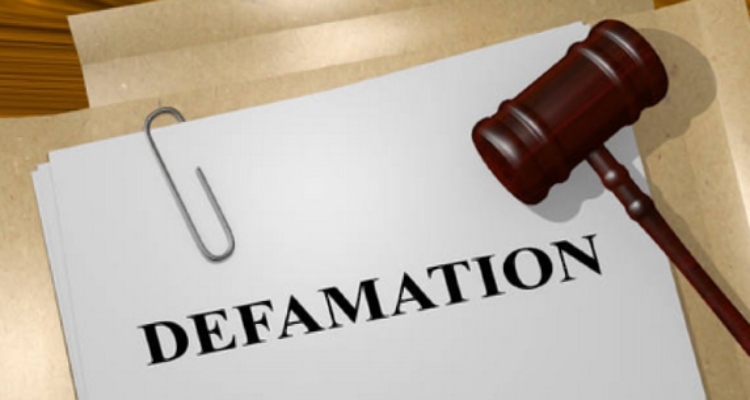
Senior journalists have approached the Lahore High Court (LHC) challenging the Punjab Defamation Act, 2024, following its passage by the provincial assembly amid strong protests from opposition members and the media fraternity in May this year, according to sources.
The petitioners have requested the court to declare the Punjab Defamation Act, 2024, “void ab initio” and of no legal effect. This decision comes after the Punjab Assembly passed the Punjab Defamation Bill, 2024, on May 20, despite a noisy protest from the opposition on the floor of the assembly.
Meanwhile, journalists and rights bodies, including those based internationally, have expressed their opposition to the law, according to news reports. Two senior journalists, through their lawyer Asad Jamal, have filed a petition with the court. Justice Muhammad Amjad Rafiq is scheduled to hear the petition today.
The petition filed by the journalists states, “The controversial Punjab Act is repugnant to the Defamation Ordinance 2002, which is protected under Article 270AA of the 18th Amendment to the Constitution.” It further argues, “The Punjab province does not have the legislative competence to enact a law regulating any aspect of broadcasting through various electronic and digital media, including technologies like telegraphs and telephones, as well as wireless media and broadcasting and similar modes of communication.”
The petitioners challenge the Act mainly on the grounds that its core subject matter—communication or speech through electronic and digital media—exceeds the legislative competence of provinces and conflicts with Article 70 of the Constitution read with item 7 of the Federal Legislative List.
In their petition, the journalists assert that the Act violates fundamental rights guaranteed under Articles 10A, 18, 19, 19A, and 25 of the Constitution. They further contend that the Defamation Act seeks to stifle free speech and dissent, having already had a chilling effect on the freedom of speech for journalists due to the punitive and harsh nature of its provisions, which are implemented in the name of preserving privacy and protecting individuals from unjustified harm to their reputations.




